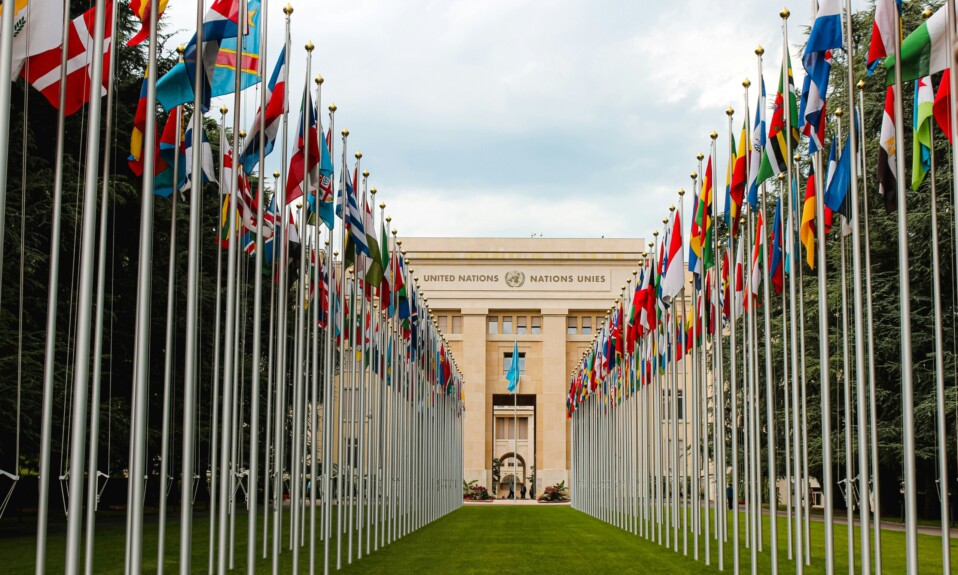Geo’s (2021) YouTube video Role of United Nations in Regulating Conflict & Maintaining Peace explores the UN’s attempts to preserve international peace and political stability, concentrating on the OCR A-Level Geography criteria on power and boundaries. Aside from peacekeeping operations, the UN and its member nations may play important roles in peacebuilding and humanitarian relief amid conflicts, catastrophes, and human crises. Peacebuilding includes long-term tactics for establishing lasting peace by resolving the underlying causes of conflicts. For example, the UN helped the Malian police force create a three-year national action strategy to address violence against women (Geo, 2021). This entails rebuilding ties between opposing factions, revamping corrupted institutions, including judicial systems and police departments, decommissioning fighters, guaranteeing unbiased elections, and advocating human rights. Humanitarian aid is another critical duty whereby the UN offers urgent support in times of crisis by sending medical goods, food, and immunizations. For instance, UNICEF responded to a measles epidemic in Mali, vaccinating approximately 340,000 children (Geo, 2021). These measures reduce hardship and stabilize places during emergencies, paving the way for future rehabilitation and reconstruction. Therefore, these tasks are critical for promoting sustained peace and restoration in impacted regions, displaying the UN’s holistic approach to dealing with both acute and underlying concerns in international crises.
Employing military troops in peacekeeping and humanitarian assistance missions can help to improve international security by encouraging stability and preventing crises from escalating further. The UN and its member countries can participate in peace-building activities, including restructuring institutions, decommissioning combatants, and encouraging governance changes to tackle the root causes of instability. This reduces the chance of violence emerging again in conflict-prone regions, resulting in an increasingly secure worldwide and regional society. Furthermore, sending military troops to conduct humanitarian assistance missions improves security by minimizing the immediate effects of catastrophes. Offering relief, comprising nourishment, medical supplies, and housing, helps save lives, creates goodwill, and improves international collaboration. Consequently, this proactive strategy meets humanitarian needs while preventing emergencies from escalating into larger security challenges, including mass relocation, refugee flows, and disease transmission. Overall, the UN and member countries can help maintain global stability via prophylactic and rapid crisis management measures by actively involving military forces in these missions.
References
Geo, V. (2021, November 16). Role of United Nations in regulating conflict & maintaining peace (A-Level Geography) [Video]. YouTube. https://www.youtube.com/watch?v=zr2d57XaR2Q.









